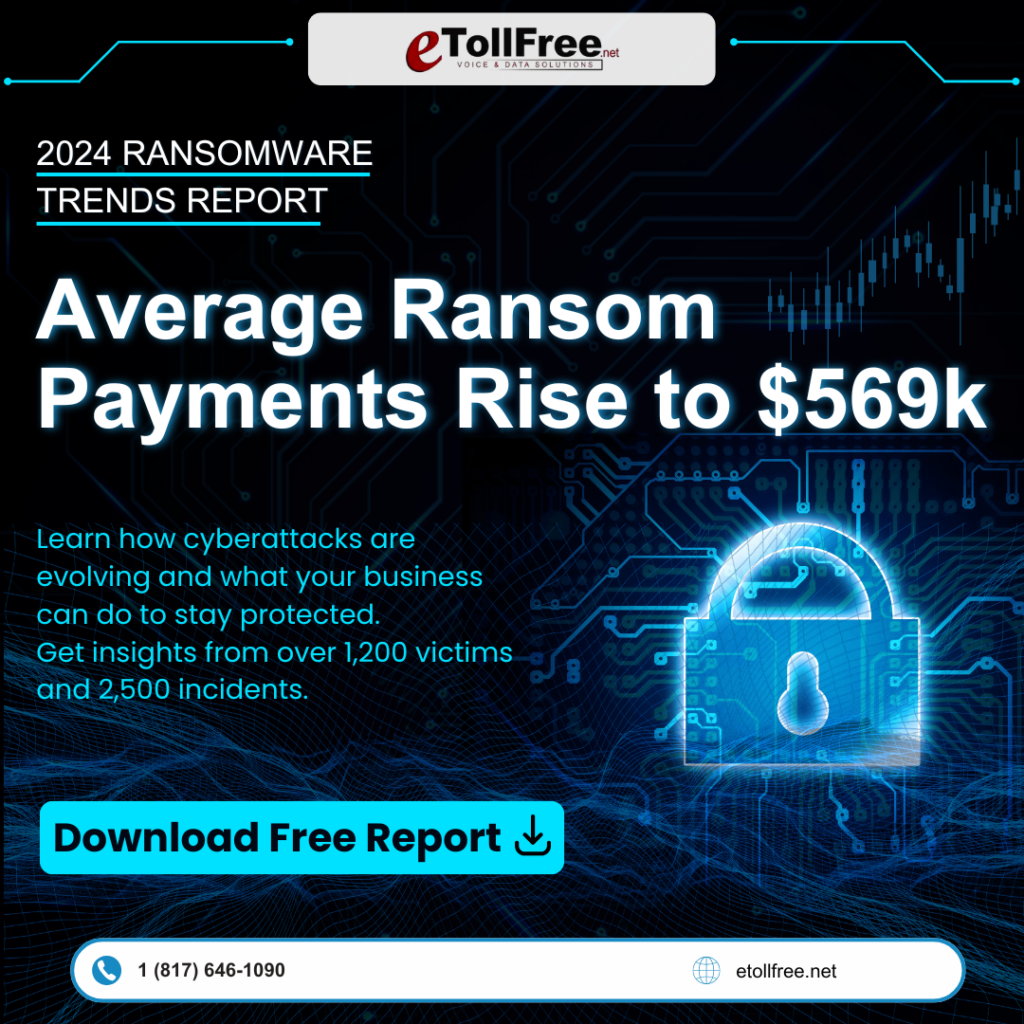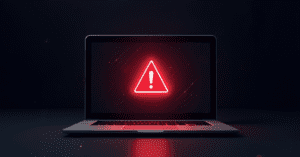Unveiling the Hidden Risks of Social Media Influencers: What Small Business Owners Need to Know
Social media influencers (SMIs) have become crucial in shaping consumer behaviors, brand strategies, and societal norms. However, as businesses increasingly rely on influencer marketing, potential psychological, health, and digital security risks have arisen, necessitating greater scrutiny and regulation. This comprehensive article dives into a study from the University of Portsmouth that sheds light on the darker aspects of influencer culture, providing valuable insights for small business owners.
The Rising Influence of Social Media Influencers
Transformative Marketers
SMIs have dramatically reshaped how brands reach their audiences. The influencer marketing industry is projected to grow to $480 billion by 2027. A 2024 survey by the Digital Marketing Institute revealed that 60% of consumers trust influencer recommendations, with nearly half of their purchasing decisions influenced by these endorsements.
Growing Concerns
While their reach is unparalleled, SMIs also introduce significant challenges. The unchecked influence of some influencers raises ethical, psychological, and regulatory concerns, highlighting the need for stricter oversight in the industry. Related Topic: How to Leverage Influencer Marketing for Your Small Business
Unpacking the Dark Side of Influencer Marketing
The University of Portsmouth study identifies six critical areas where SMIs can negatively impact consumers and businesses:
- Promotion of Harmful Products
Influencers may endorse potentially dangerous or unhealthy products, such as diet pills or detox teas, without proper disclosure, potentially influencing younger audiences.
- Spread of Misinformation
Many influencers, despite lacking expertise, propagate false information on health, politics, and social issues, exacerbating the spread of misinformation.
- Unrealistic Beauty Standards
By predominantly showcasing filtered and curated images, influencers contribute to body dissatisfaction and low self-esteem among their followers. Related Topic: The Impact of Social Media on Body Image and Self-Esteem
- Cultivating Comparison Culture
The curated lifestyles of influencers can provoke lifestyle envy and social anxiety, negatively affecting individual well-being.
- Deceptive Consumption Practices
Some influencers engage in unethical practices, such as undisclosed sponsorships and promoting counterfeit goods, eroding consumer trust.
- Privacy Risks
Extensive data collection by influencers poses significant privacy risks for themselves and their followers. Related Topic: Protecting Your Privacy on Social Media Platforms
Recommendations for Businesses and Policymakers
Implementing Transparency and Ethical Standards
- Enforce Disclosure Policies: Businesses should require influencers to clearly disclose sponsorships and partnerships, ensuring ethical marketing practices.
- Regulate Influencer Activities: Governments and industry bodies must establish stricter guidelines to protect against deceptive practices and misinformation. Related Topic: Navigating Legal Requirements in Influencer Marketing
- Mental Health Considerations: Encourage authentic, realistic content that fosters well-being rather than promoting unattainable ideals.
- Strengthen Data Privacy Protections: Implement robust measures to safeguard consumer data against breaches and exploitation.
Conclusion
As small business owners navigate the ever-evolving landscape of influencer marketing, it is crucial to recognize both the opportunities and potential pitfalls. By understanding the complexities discussed in this study, businesses can make informed decisions, fostering ethical partnerships with influencers and contributing to a healthier digital ecosystem.
This call to action by experts from the University of Portsmouth highlights the urgent need for proactive measures among academics, industry stakeholders, and policymakers. Ensuring influencer marketing remains a beneficial tool while safeguarding consumer interests is essential for sustainable growth.
For further insights and the full research findings, small business owners and stakeholders may access the detailed study available here.
Note: This article is based on information available as of February 2025 and may have been edited for clarity and style. Mirage.News provides this content for informational purposes, emphasizing the importance of free and accessible public information.











